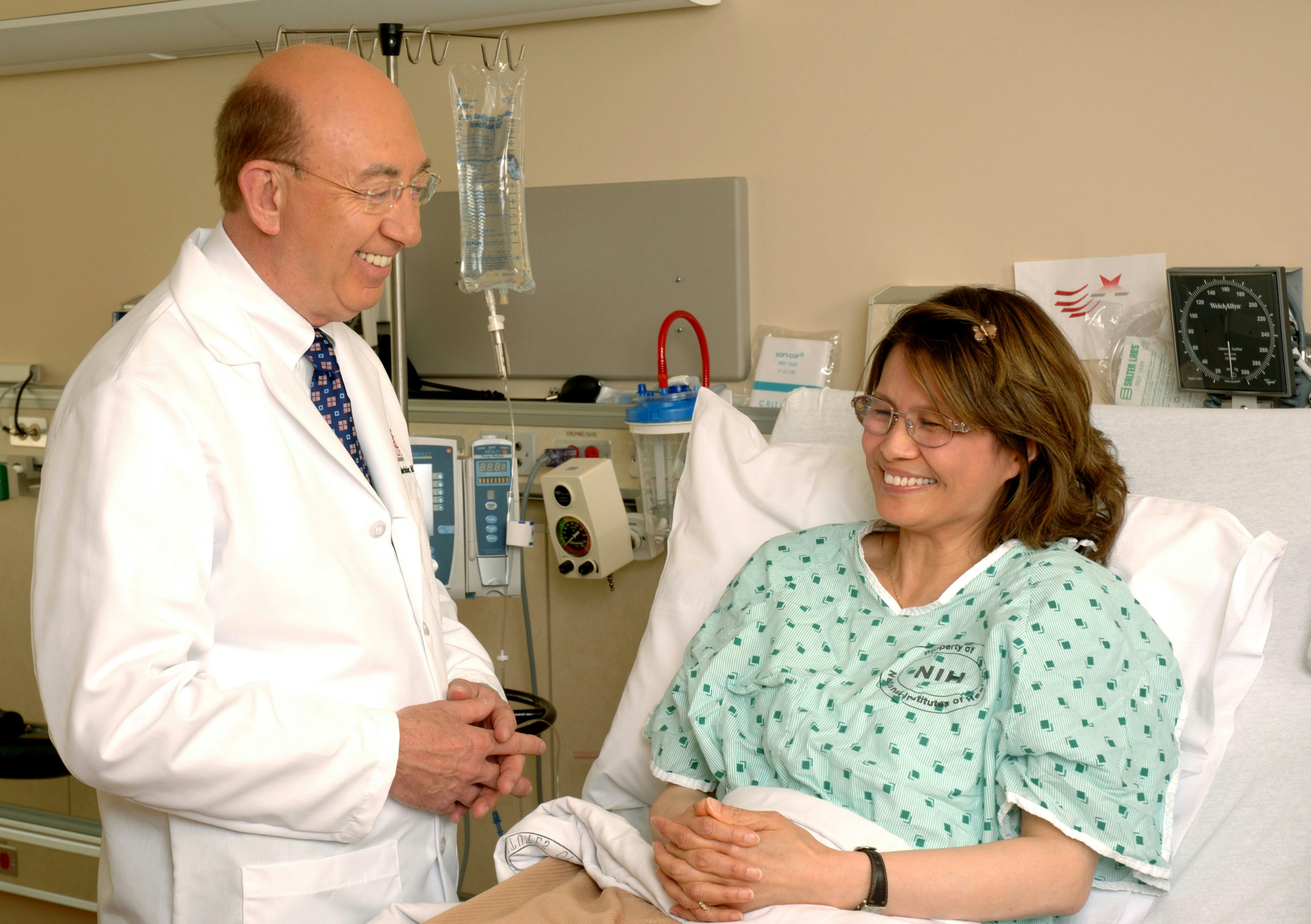A cancer diagnosis can be a devastating blow. It can uproot your life and put future plans on hold for a while. For individuals eager to conceive a child, cancer can add new, unexpected complications to that dream of parenthood. While fertility and cancer are not always directly linked, there can be effects from chemotherapy and other treatments that may alter your chances of conceiving and carrying a child.
But don’t worry, you have options. As with anything medical, every individual is different, and chances are you have a lot of questions. Follow along with this basic guide to everything you need to know about fertility and cancer. You are brave and strong, and a cancer diagnosis won’t keep you down for long, and it won’t stop your dreams either.

Be Vocal
Step one for individuals who want to conceive a child during or after cancer treatment: let your doctor know. Your cancer doctors work to create a treatment plan for your unique needs. Fertility concerns may not be a general concern your doctors account for, so it is up to you to express your goals and intentions when it comes to conceiving. From centers for cancer treatment in Olney, MD to facilities in Austin, TX, communication is key between you and your doctors to help you get the best patient care for your needs.

Does Cancer Cause Infertility?
Let’s start with the big question on everyone’s mind: does cancer cause infertility? Cancer itself usually does not lead to fertility issues, but some treatment options may. Certain cancers like ovarian cancer, cervical cancer, or others like colon cancer that could affect the reproductive area may require surgery. One of these is a hysterectomy to remove the uterus, which would later prevent the ability to carry a child. Another is an oophorectomy that removes one or both ovaries. Once your ovaries are removed, you can still carry a child in your uterus but will need reproductive assistance to conceive.
Beyond surgery, chemotherapy and radiation therapy are often used to kill cancer cells. If these treatments are focused on the pelvic area, there is a chance of damaging your eggs. Radiation to your pelvis may cause collateral fertility problems and chemotherapy while working to kill off cancer cells, may end up killing some eggs as well.
While women are typically carrying children, cancer can also affect infertility in men. Men may have inadequate sperm after radiation, and testicular cancer can also affect male sperm count. The difference here is that sperm continuously grows and develops, whereas women are born with the number of eggs they’ll have for their life. So men can usually easily conceive once their treatment is complete.
What are my options?
At first glance, this can seem daunting. But, thanks to new developments with in vitro fertilization (IVF), there are more options than ever for you to conceive after cancer. Visit your local fertility clinic to explore your options for fertility preservation. Fertility treatment covers a wide range of issues from conventional IVF to LGBTQ family planning to surrogacy, and they’re there to help you maintain your hopes of parenthood at an affordable cost.
Typically this treatment involves embryo or egg freezing. During this treatment, women will undergo injections to mature the eggs, the samples will be collected, and then vitrified in liquid nitrogen to freeze those eggs. In the case of frozen embryos, men also provide a sample of sperm, the embryo is created in a lab and then also frozen in liquid nitrogen.
Embryos and egg freezing preserve healthy reproductive cells before undergoing cancer treatment. Therefore, once you conclude treatment, you can unthaw the eggs or embryos and implant them in your now healthy uterus. Planning ahead for this fertility care allows you to carry a child even after treatment that eliminates your egg count or ovaries. No longer does cancer deny you the chance at parenting a biological child, thanks to the best doctors in the business, you have more options than ever.


Be the first to comment on "Fertility & Cancer: Everything You Need to Know"